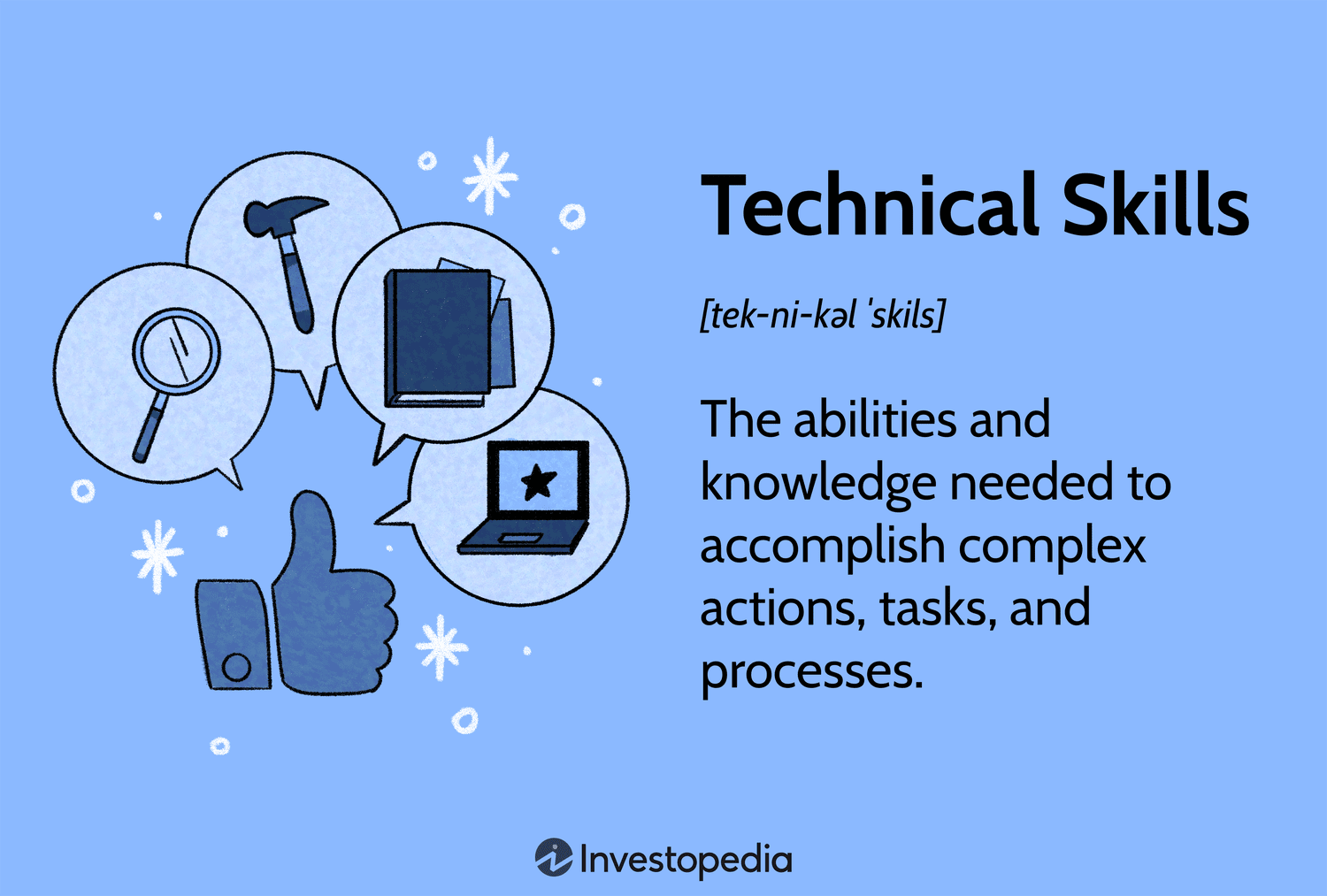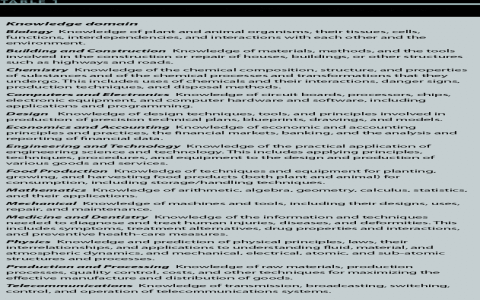Alright folks, today was one of those days where I got stuck deep in figuring out what people actually mean when they throw around “technical skills.” Job descriptions, resumes, everyone talks about ’em, but honestly? The definitions are all over the place. Felt messy. So I decided to just sit down with my own work and see what actually counts when I’m getting stuff done.
Started by looking back at my week. What tasks made me genuinely flex some technical muscle? It wasn’t just about knowing names of tools.

- Monday: Tried setting up a new pipeline to automate pulling data from a clunky API. Spent hours staring at errors. Felt like banging my head against a wall. Needed more than just knowing Python existed.
- Wednesday: Our main app dashboard started throwing weird errors after a small update. Debugging felt like detective work, tracing through layers of logs and configs, trying to figure out where the chain broke.
- Friday Morning: Had to pick a new tool for monitoring server health. Looked at 5 different options, compared costs, features we’d actually use, how easy they’d be for the team to learn. Analysis paralysis almost won.
Realized something simple but important. Being “technical” isn’t just about having X programming language on your resume. It’s about what you can do with the tools and knowledge you have. So I asked myself: what core skills kept popping up, making the difference between getting stuck and pushing through?
Here’s the messy list I ended up with:
- Problem-solving like a mechanic fixing an engine: This is the big one. That API frustration? It wasn’t about Python syntax; it was understanding why the connection kept timing out, thinking about different ways to retry the connection safely, handling unexpected data formats without crashing. It was trial, error, testing small bits, not just copying code.
- Actually reading logs and troubleshooting: When the dashboard blew up, I didn’t panic (much!). Instead, I dug into the logs – application logs, server logs. Looked for timestamps matching the errors, traced calls, identified conflicting configuration settings after our update. Being comfortable digging into why something broke, not just asking for help immediately.
- Comparing tools and making choices: Choosing that monitoring tool wasn’t about knowing fancy technical specs by heart. It was understanding what ‘server health’ means for us, knowing where to look for reliable reviews (not just marketing!), comparing real features against our budget and team skills, and finally pulling the trigger on a recommendation.
Tested my own idea. I looked back at some projects I admired by others. Yep – the best ones weren’t always using the fanciest new tech. They showed clear thinking: defining the problem well, logically breaking it down, choosing appropriate (sometimes boring) tools effectively, and showing how they navigated hurdles. The how mattered more than the what.
Changed how I talk about my own skills. Instead of just listing “Python,” I started framing things in my notes like: “Identified cause of persistent API timeouts by testing different retry strategies & handling unexpected payloads,” or “Resolved dashboard failures through log analysis & config rollback.” It felt more honest, reflecting what I actually did.
Final thought? Technical skills aren’t just static items on a checklist. They’re active, messy processes – problem-solving, systematic troubleshooting, making informed choices. Focusing on these core actions makes a lot more sense to me now, both for my own work and seeing what others bring to the table.
#TechIsProcess















